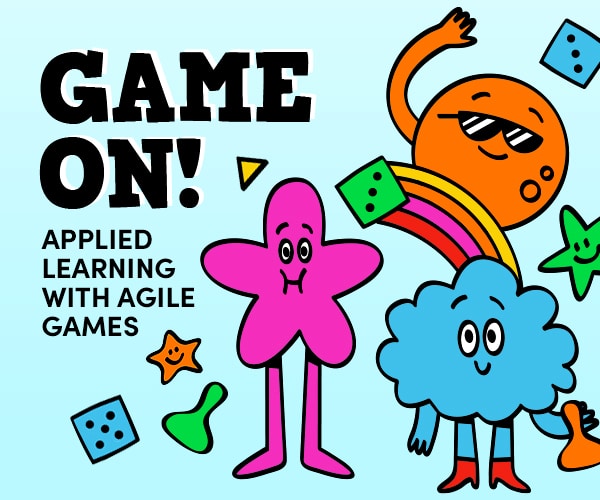Introduction
This exercise teaches the 10 Principles of Large Scale Scrum:
- Large-Scale Scrum is Scrum
- Empirical process control
- Transparency
- More with LeSS
- Whole-product focus
- Customer-centric
- Continuous improvement toward perfection
- Systems thinking
- Lean thinking
- Queuing theory
It’s a great exercise as a warm-up activity for Introduction Training to Large Scale Scrum (LeSS)
Preparation:
Write on Index Cards the names of each principle and on separate individual cards the description of each principle.
You should now have 10 cards with the names of each principal and 10 cards with matching descriptions.
You can also do this virtually using a tool like Miro. Details here: https://www.tobysinclair.com/post/virtual-agile-training-activities
Running the activity:
Distribute the shuffled cards to the participants in the training. You can do this with a single team or if you have 20 participants you can give each person a single card.
The participants now have 8 minutes to find the correct match between the principle name and description.
Once the exercise is complete, ask the participants to read out their match and ask the audience if the match is correct.
More Details: https://www.tobysinclair.com/post/virtual-agile-training-activities





